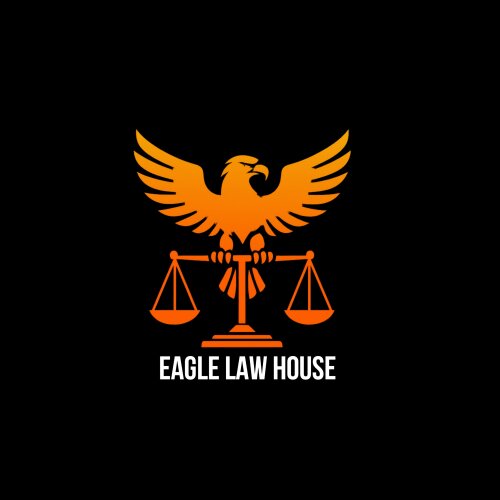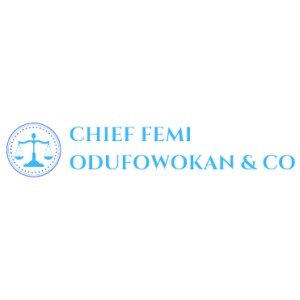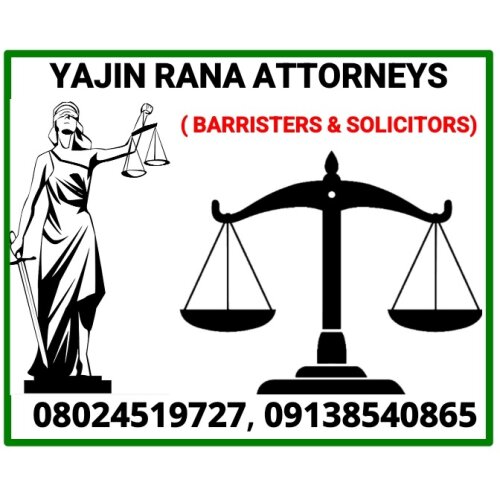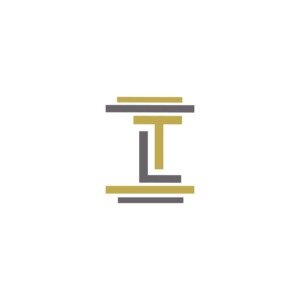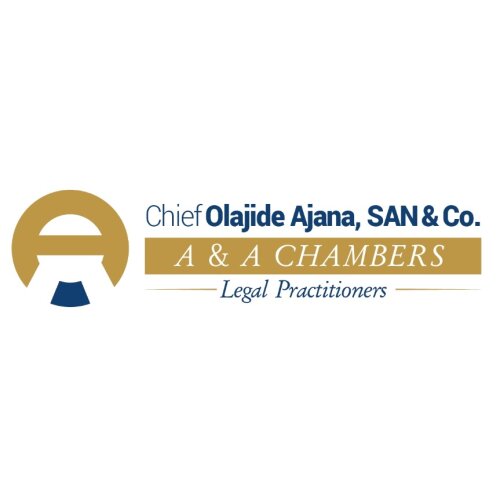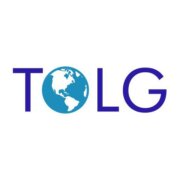Best Brokerage Lawyers in Nigeria
Share your needs with us, get contacted by law firms.
Free. Takes 2 min.
Free Guide to Hiring a Real Estate Lawyer
Or refine your search by selecting a city:
List of the best lawyers in Nigeria
About Brokerage Law in Nigeria
Brokerage law in Nigeria governs the activities of brokers who act as intermediaries between sellers and buyers of goods and services. This field is essential in the nation's economy, facilitating trade and commerce by ensuring smooth transactions. The brokerage industry is regulated by both statutory regulations and guidelines issued by relevant authorities such as the Nigerian Securities and Exchange Commission (SEC). Brokers typically operate within various sectors including real estate, securities, insurance, and commodity trading, adhering to a framework that maintains ethical standards and protects the interests of all parties involved.
Why You May Need a Lawyer
There are several situations where legal assistance might be required in the field of brokerage. These situations include:
- Disputes regarding brokerage contracts or commissions.
- Understanding regulatory compliance and adherence to laws set by the Nigerian SEC.
- Fraud or misrepresentation claims in brokerage transactions.
- Drafting or reviewing brokerage agreements to ensure they meet all legal requirements.
- Legal representation in case of litigation arising from brokerage activities.
- Guidance on the licensing and registration requirements for brokerage firms.
Local Laws Overview
Some of the key aspects of local laws that impact brokerage in Nigeria include:
- Nigerian Investment and Securities Act: Governs the operations of brokers and provides a legal framework for securities transactions.
- Real Estate Regulation: State-level laws and guidelines regulating real estate brokers and their relationships with clients.
- Consumer Protection Act: Protects the rights of consumers in brokerage transactions, ensuring transparency and fairness.
- Tax Laws: Brokers must comply with taxation requirements pertaining to their earnings and transactions.
- Professional Conduct Rules: Brokers are expected to adhere to ethical standards and practices as dictated by professional bodies and associations.
Frequently Asked Questions
1. What is the role of a broker in Nigeria?
A broker acts as an intermediary to facilitate transactions between buyers and sellers in various sectors, including real estate and securities.
2. Do brokers need to be licensed in Nigeria?
Yes, brokers typically need to be licensed and registered with relevant regulatory bodies, such as the SEC for securities brokers, to legally operate in Nigeria.
3. What legal protections are available for clients working with brokers?
Clients are protected under consumer protection laws and specific industry regulations that require transparency, proper conduct, and fair treatment by brokers.
4. How can one resolve a dispute with a broker?
Disputes can be resolved through negotiation, mediation, arbitration, or litigation. Legal counsel can guide the appropriate course of action based on the situation.
5. What happens if a broker violates ethical standards?
Brokers violating ethical standards may face sanctions from regulatory authorities, professional bodies, or face legal consequences.
6. Can a lawyer help in structuring a brokerage agreement?
Yes, a lawyer can help draft, review, and ensure a brokerage agreement conforms to legal standards, protecting all parties involved.
7. Are there specific laws for different types of brokerage activities?
Yes, different brokerage activities such as real estate, securities, and insurance each have specific laws and regulations governing them.
8. What is the process for licensing a brokerage firm?
The process involves registering with the Corporate Affairs Commission (CAC) and obtaining relevant licenses from industry regulators like the SEC or NAICOM.
9. Can foreign brokers operate in Nigeria?
Foreign brokers can operate in Nigeria but must comply with local licensing and regulatory requirements to provide services legally.
10. What should I do if I've been defrauded by a broker?
If defrauded, you should report to the relevant authorities, seek legal advice, and possibly pursue a legal claim for recovery of losses.
Additional Resources
For more information or assistance, consider reaching out to the following resources:
- The Nigerian Securities and Exchange Commission (SEC) for securities brokerage information.
- The National Insurance Commission (NAICOM) for insurance brokerage regulations.
- The Real Estate Developers Association of Nigeria (REDAN) for real estate brokerage advice.
- The Consumer Protection Council for consumer rights and dispute resolution.
- Local legal firms specializing in brokerage law for personalized legal advice.
Next Steps
If you require legal assistance in brokerage, consider taking the following steps:
- Identify the specific issue or legal question you need assistance with.
- Consult with a legal professional or firm specializing in brokerage law.
- Gather all relevant documents and information related to your brokerage activities.
- Attend consultations and seek clarification on any legal complexities.
- Follow the legal guidance provided to resolve your issues efficiently.
Lawzana helps you find the best lawyers and law firms in Nigeria through a curated and pre-screened list of qualified legal professionals. Our platform offers rankings and detailed profiles of attorneys and law firms, allowing you to compare based on practice areas, including Brokerage, experience, and client feedback.
Each profile includes a description of the firm's areas of practice, client reviews, team members and partners, year of establishment, spoken languages, office locations, contact information, social media presence, and any published articles or resources. Most firms on our platform speak English and are experienced in both local and international legal matters.
Get a quote from top-rated law firms in Nigeria — quickly, securely, and without unnecessary hassle.
Disclaimer:
The information provided on this page is for general informational purposes only and does not constitute legal advice. While we strive to ensure the accuracy and relevance of the content, legal information may change over time, and interpretations of the law can vary. You should always consult with a qualified legal professional for advice specific to your situation.
We disclaim all liability for actions taken or not taken based on the content of this page. If you believe any information is incorrect or outdated, please contact us, and we will review and update it where appropriate.
Browse brokerage law firms by city in Nigeria
Refine your search by selecting a city.



